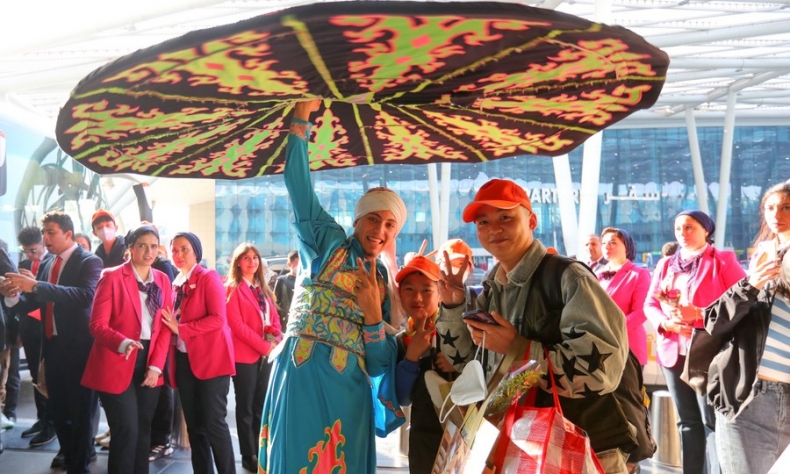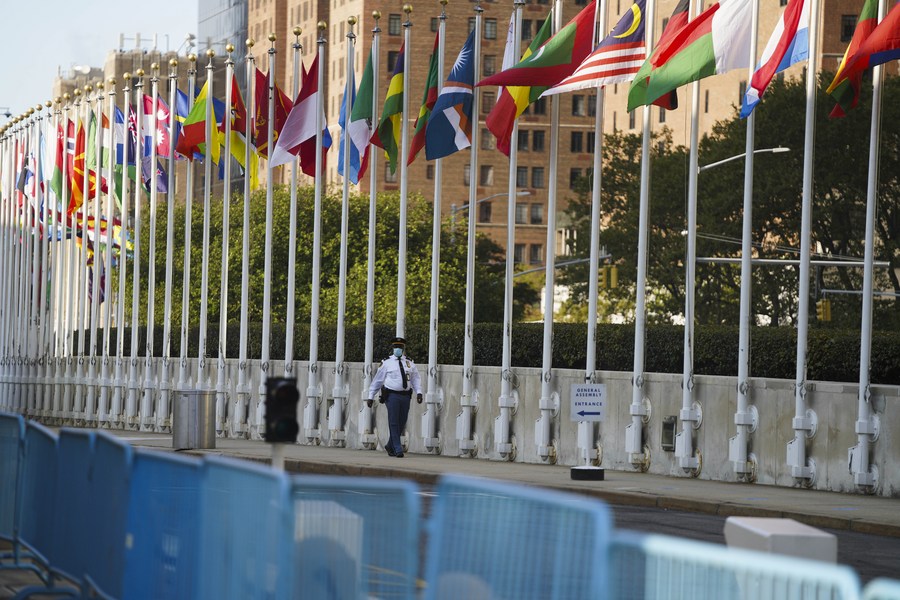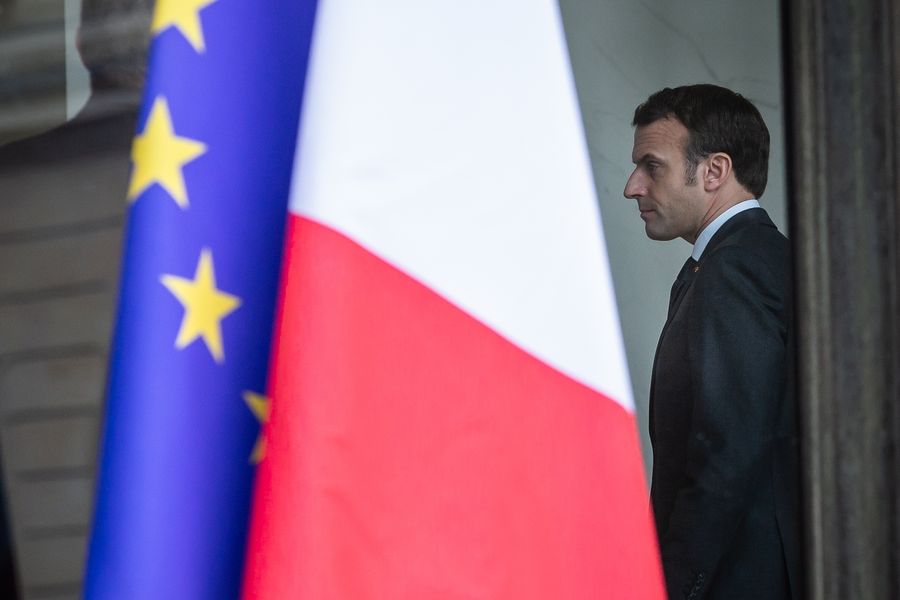China’s New Global Proposal Propels Peaceful Development

The Global Civilization Initiative (GCI) gives a fresh boost to the building of a community with a shared future for humanity.
In the world’s post-pandemic reopening, with a conflict of global impact and challenges not seen in a century, the Global Civilization Initiative (GCI), proposed by President Xi Jinping in March, succeeding to the other two of the Global Development Initiative and Global Security Initiative, deserves close attention. Recently, heads of governments from around the world, particularly from the EU, head to Beijing in succession for more cooperation and deep engagement.
There has been a noticeable number of European visitors, including German Chancellor Olaf Scholz, European Council President Charles Michel, Spanish Prime Minister Pedro Sánchez, European Commission President Ursula von der Leyen and French President Emmanuel Macron. The driving force underlying Europe’s top leaders’ visits to China is a quest for Europe’s own strategic autonomy and the purpose to contribute to a truly multipolar order and necessary resilience to address global challenges. It is also an endeavour shared by others. Their visits were followed by Brazilian President Luiz Inácio Lula da Silva’s state visit in mid-April, also advocating multilateralism and the Global South’s renewed role in international affairs. World leaders are coming to Beijing for exchanges and to hear first-hand about the GCI.
The GCI focuses on four pillars: Respect for the diversity of civilizations, giving priority to common values of humanity, highlighting the inheritance and innovation of civilizations, and finally, since people are the core of any initiative, advocating robust international people-to-people exchanges and cooperation. Thus the initiative gives a fresh boost to the building of a community with a shared future for humanity.

Some analysts in Washington and Brussels have alleged that China wants to position itself at the center of the international order by trying to create a new one. That’s a claim retorted by China. Moreover, there is no rule excluding contributions for a fresh multipolar world order.
The U.S.-based Gzero media on the other hand has called Beijing’s diplomatic momentum undeniable, “decisively leaning into the role of global peacemaker.” It had also lauded China’s proposed 12-point framework for political settlement of the Ukraine crisis and the historic Beijing-brokered détente between historical enemies Saudi Arabia and Iran.
Ursula von der Leyen acknowledged China’s unique history, with philosophers who “have shaped culture and society in much of today’s world,” coupled with inventions which have “revolutionized world civilization.” In her speech in Berlin on March 30 she highlighted that “this latest era is in many ways one of the most remarkable” in China’s long history.
As for this promising time for EU-China relations, all will depend on the actors’ will. If some emphasis or adjustments are to be made to the bilateral relations, they are understandable. In her visit to Beijing, Von der Leyen also showed the inclination to “de-risk” material exchanges. In the top EU official’s own words, “There is a large majority of goods and services or trade that is un-risky.” As trade has been a key component of East-West dialogues of civilizations since the times of the ancient Silk Road connecting China and Europe, there is all the more reason now to support a reinvigorated EU-China material exchange.
Regarding multipolarization, the EU’s autonomy is currently at the center of debate. President Macron, who held talks with Xi, has been advocating Europe’s strategic autonomy and not becoming Washington’s vassal. The idea follows France’s best multipolar tradition laid out by President Charles de Gaulle, who in 1964 initiated Paris’s diplomatic ties with Beijing.

Paris was involved in the independence of the United States from Britain, subsequently inspiring the liberation of Latin American nations. Paris also inspired revolutions and independence movements across Eurasia and Africa. It is quite telling that the presidents of countries alternatively advocating multipolarity and promoting an “alliance of civilizations” with the support of United Nations, such as France and Spain, are currently engaged in significant dialogue with Beijing.
In line with the GCI, Beijing hosted the Second International Forum on Democracy on March 23, themed “The Shared Human Values.” The event was a comprehensive call for multipolarity enhanced by the various cultures represented.
The plenary sessions had stellar moments. Fred M’membe, President of the Socialist Party of Zambia, criticized the Joe Biden administration for organizing the U.S.-Africa Leaders Summit last December, reviving the historical wound of transatlantic slavery. He warned that “human development is not sustainable on the basis of plunder.” George Galloway, leader of the Workers Party of Britain and former member of Parliament, criticized key aspects of some Western democracies; and U.S. Professor Jeffrey Sachs also argued in favor of good governance based on common good and international cooperation.
The participants supported the tenet that no country should impose its version of democracy on others. The results of U.S. interventions in Afghanistan, Iraq and Libya remain the most salient consequences of U.S. “transformational diplomacy.”
Augusto Soto is director of the Spain-based Dialogue with China Project.
 Facebook
Facebook
 Twitter
Twitter
 Linkedin
Linkedin
 Google +
Google +










